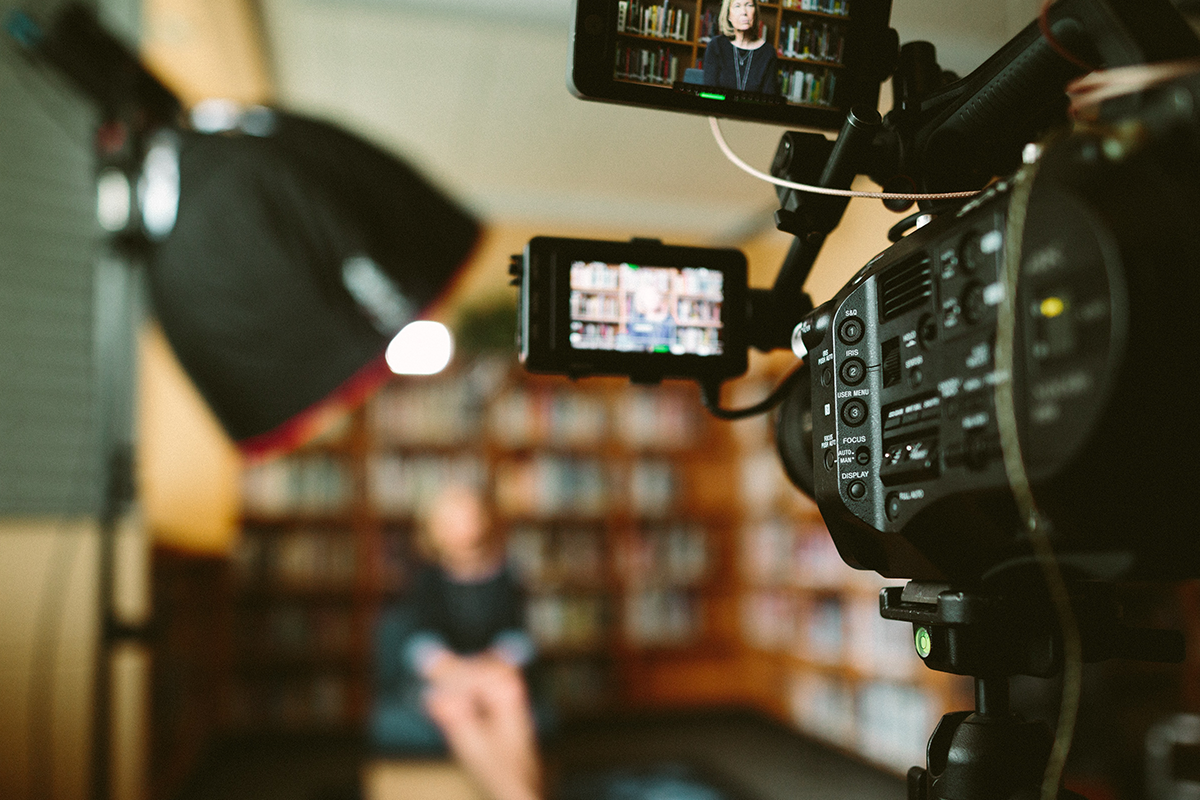
26 Mar 2021
By Sam Mcghee, BIG Partnership
We’ve all seen them – the cringeworthy interviews from politicians, chief execs or celebrities who are being torn apart by the big, bad journalists. We sit watching with our hands over our mouths, unable to take our eyes off the screen.
Some zingers that spring to mind include Emily Maitlis’s televised interview with Prince Andrew, or former PM Theresa May’s sit down with Andrew Neil on social care costs.
For us PRs, it’s hard to watch and not think: “Why on earth didn’t they get proper training before they were put in the hot seat?”
Media training is crucial for anyone who may have to interact with journalists, whether it’s for television, radio or print. What’s more, it’s not just important for the bad stories or the crisis situations, it is also essential when it comes to making the most of positive communications. The goal of media training is always to prepare you as well as possible for all forms of questioning, allowing you to communicate with your audience effectively and ensuring you get the right messages across to them.
Now, it can be nerve-wracking to be interviewed by a journalist, whatever the topic. It’s natural to worry they’ll throw you a curveball or that you’ll say the wrong thing.
With many journalists now working remotely and with face-to-face interviews currently on pause, it can be even more challenging to get a feel for how you’re doing. It is difficult to read someone’s body language on a video call and it can be tricky to answer questions if your Wi-Fi is acting up.
But, with the right training and a cool head, taking part in interviews remains one of the most effective ways to build profile, manage reputation and interact with your key audiences.
Like any other skill, good interview technique needs to be worked on. It’s like a muscle that needs to be exercised; the more you do it, the better you become. It’s not just about learning your answers word for word – let’s not forget this corker from Ed Milliband – but being able to adjust your messaging depending on the tone and approach of your interviewer. Your body language and facial expressions are important too, and not just when there’s a TV camera in the room. The more practice you get, the more confident you will feel.
In an age where the news agenda is moving 24/7 and a tweet can be tomorrow’s headline, taking time for some professional coaching is like having a form of guarantee – you’ll always do better if you’ve taken time to prepare.
We live in a super-connected world where news travels incredibly quickly. Media training will always be essential, and has never been more important than it is today.
We all know what a bad interview can do to a brand or business, so why risk it? BIG’s experienced media training team is led by ex-journalists and PR veterans who deal with the media on a daily basis. From breathing techniques that’ll help you focus, to the way you frame an answer to a difficult question, we’ll teach you everything you need to know to go into any interview feeling confident and ready for action.
Want to know more? Get in touch.